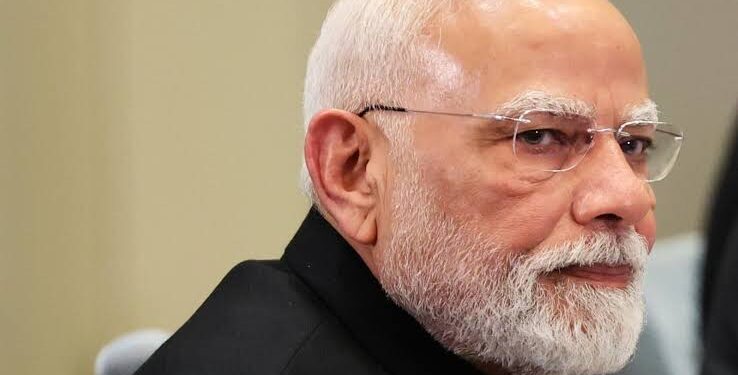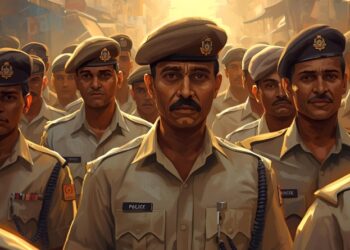The Shanghai Cooperation Organisation (SCO) Summit in Tianjin marked a notable shift in the bloc’s counterterrorism stance, with the joint declaration explicitly condemning the April 22 terror attack in Pahalgam, Jammu and Kashmir.
This development is being viewed as a major diplomatic success for India, especially since Pakistan — a full member of the SCO — is also among the signatories of the declaration.
Prime Minister Narendra Modi, along with Chinese President Xi Jinping, Russian President Vladimir Putin, and other world leaders, attended the summit on Monday. The final communiqué described terrorism as a “common threat” to all SCO member states.
From Walkout to Win: India’s Push in 10 Weeks
The outcome marks a significant turnaround from just ten weeks ago. On June 26, during the SCO Defence Ministers’ Meeting in Qingdao, India’s Defence Minister Rajnath Singh had refused to sign the joint declaration because it omitted any mention of the Pahalgam attack, which claimed 26 lives, including security personnel and civilians.
That earlier draft had, in fact, cited terror incidents in Pakistan, but excluded the one in India. The omission triggered a strong protest from New Delhi.
India had also launched Operation Sindoor, a series of retaliatory strikes on terror bases inside Pakistan following the Pahalgam massacre, signaling a tougher posture on cross-border terrorism and its backers.
Pakistan Not Named, But Still on Board
While the Tianjin declaration did not explicitly name Pakistan in the context of the Pahalgam attack, the fact that Islamabad has endorsed the collective condemnation of terrorism is being read as a diplomatic achievement for India.
By ensuring that Pahalgam found a place in the SCO’s joint language, New Delhi effectively moved the conversation from silence and omission to acknowledgment within a multilateral platform where both China and Pakistan wield significant influence.
Broader Implications
The latest development signals that India’s persistence — from walking out of a declaration to pushing back through diplomatic and military channels — has reshaped the narrative within the SCO.
For New Delhi, the shift is not just about recognition of the Pahalgam tragedy, but also about reinforcing the principle that terrorism cannot be selectively addressed depending on geography or politics.





























